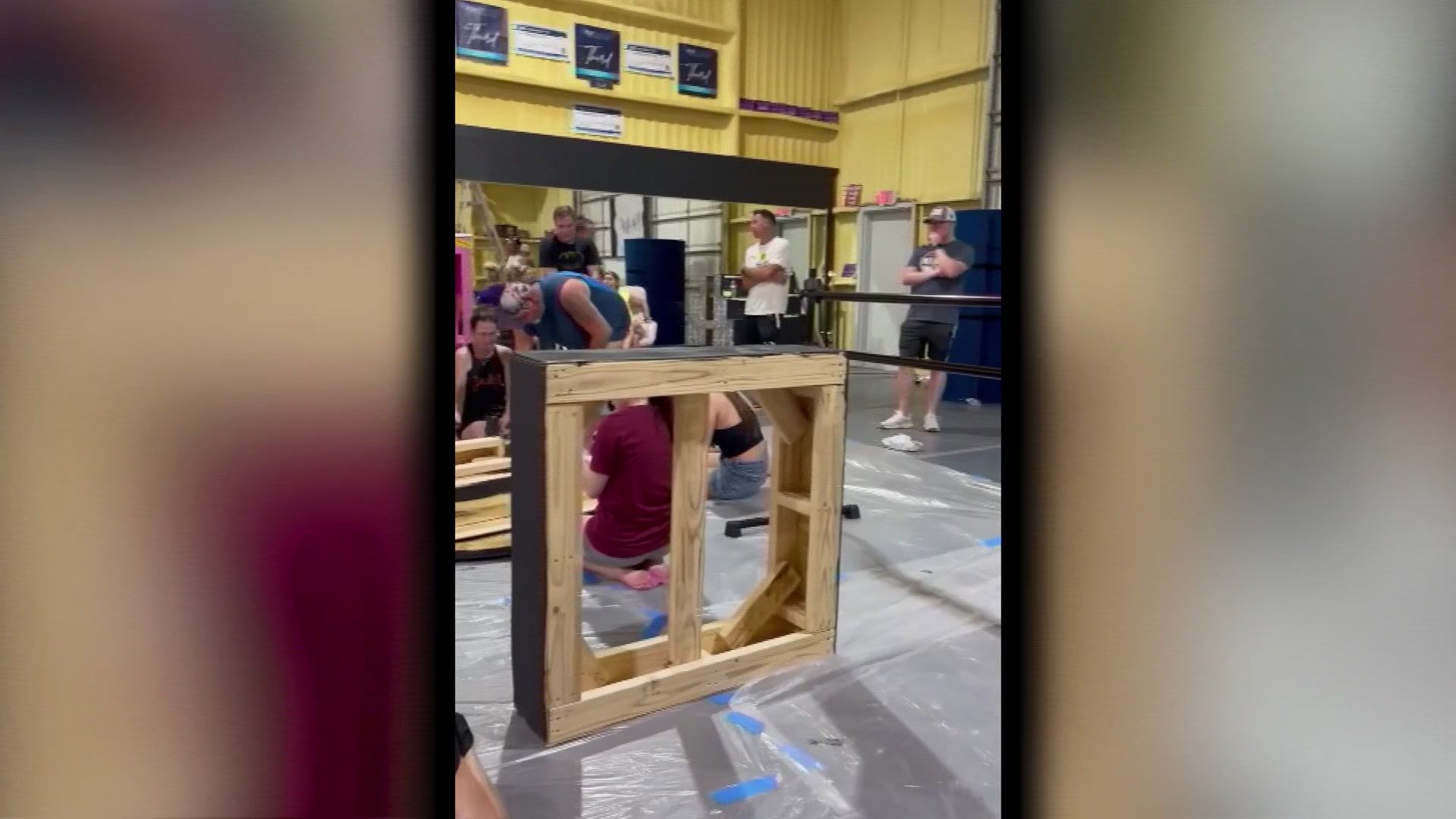Last Saturday's vote by thirty senators on whether to remove Ken Paxton from the attorney general's office or not - may be one of the most memorable votes they ever take. The decision sparked controversy and furry within state government as the leadership in the House and Senate heated up a cold war that's been brewing for years.
Many votes on the sixteen articles of impeachment failed 16 nays to 14 yeas. 21 of the 30 voting senators needed to approve one article of impeachment to remove Paxton from office.
NBC 5 spoke to Sen. Phil King, R - Weatherford, and Sen. Kelly Hancock, R - North Richland Hills about their votes.
Sen. King had some concerns about Paxton's actions helping Austin real estate developer Nate Paul but said there wasn't enough evidence presented to remove him from office.
Get DFW local news, weather forecasts and entertainment stories to your inbox. Sign up for NBC DFW newsletters.
"It's a trial with a high burden of proof, meaning the defense did not have to prove themselves innocent, the prosecution had to prove Ken Paxton had committed these acts. And they simply did not prove it up," said Sen. King.
"There were a lot of things that were brought out that were very concerning and very disturbing but nothing that gave rise to the level of impeachment. If you are going to take someone who is elected by the people of Texas and forcibly remove them from office, you better really have a strong reason for doing that," he said.
"It was almost all circumstantial, " said Sen. King, "There was no smoking gun."
Local
The latest news from around North Texas.
Sen. Kelly Hancock saw things differently. He was one of two Republican senators to vote to convict Paxton. The "smoking gun" for him was the testimony of Brandon Cammack, the special prosecutor Paxton hired to investigate the state and federal investigators looking into Paxton donor Nate Paul.
"He claimed he had a legit contract but he testified that they told him it wasn't legit," said Hancock.
He said "It was clear to me" that Paxton abused his office based on the 450 pages of evidence he reviewed and the testimony taken in public.
Paxton supporters launched an intense pressure campaign to sway the senators with text messages, mailers, and television ads. Sen. Hancock was one of their targets.
"No one is ever going to run me off. I'm going to do what I think is right and I'm going to do what I think I'm called to do," said Hancock.
"The voters got to have higher expectations for our elected officials. I hope that's where we go. I think Texas deserves it and I think Texans deserve it. Ethics, integrity, high moral character, those things need to be a priority within our political process and you still have to do a great job for Texas," he said.
Speaker vs. Lt. Governor
After the vote, a war of words broke out between Lt. Governor Dan Patrick and Speaker of the House Dade Phelan, R - Beaumont.
"The fix was in from the start," wrote Speaker Phelan in his hometown paper. He pointed to Patrick accepting $3 million from a Pro-Paxton group before the trial, a gag order imposed on people close to the trial, and a controversial speech after senators voted as actions Phelan believes signaled Patrick was biased.
"It is notable that Paxton and his defenders are spending their time attacking the process because they simply can’t defend his innocence," wrote Phelan.
Lt. Governor Patrick defended his chamber's vote. The Republican majority who acquitted Paxton mostly argued the House didn't bring the necessary facts.
"Every Senator put their hand on the Sam Houston Bible and took an oath to follow the law and evidence," wrote Lt. Governor Patrick in response, "No one in the House put their hand on the Bible when they cast their vote nor did the Speaker. I respect each Senator's vote no matter how they voted. The Speaker should do the same."
Patrick defended accepting the $3 million, arguing he also took some money from groups and people who wanted Paxton removed. The Lt. Governor earlier criticized the House for their quiet investigation and only spending a few days on the issue before a public floor vote. Patrick wants to change the constitution to require under-oath testimony and more time between the allegations are uncovered and a House vote on impeachment.



